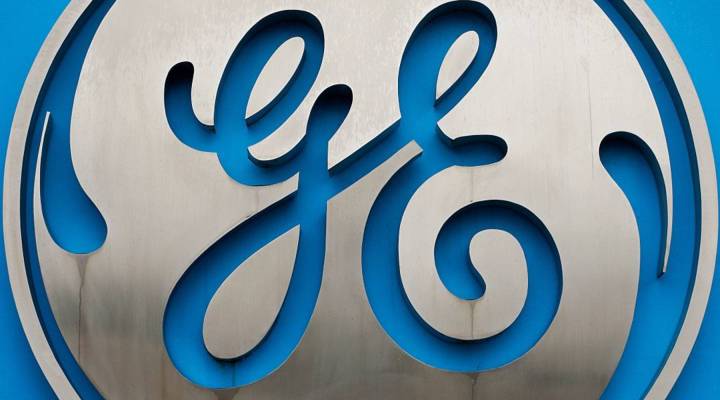
GE freezes pensions as the benefit becomes endangered in private sector
GE freezes pensions as the benefit becomes endangered in private sector

General Electric is freezing its pensions for 20,000 non-union workers and will offer pension buyouts for another 100,000 former employees. GE said the move will save $8 billion, part of a plan to shed some of the company’s considerable debt. The move, from one of America’s most iconic corporations, is just one more step in the long march toward extinction for the once-common benefit of pensions in the private sector.
The idea of a pension, also called a defined benefit plan, sounds near-mythical to many workers today: a predictable retirement check for a steady amount coming every month for the rest of one’s life. It’s what keeps Janet Horvath working as a manager in a hospital in Atlanta.
“I feel very fortunate,” she said. “Out of the major hospitals that are here in this area I believe we’re maybe one of two or three that still offer it.”
Across the broader private sector, the benefit is becoming even more rare. James Poterba, an economist at MIT, said 40 years ago 88% of private sector workers with retirement benefits got pensions, compared to about 25% today.
Starting in the 1980s companies began to switch to the now common 401(k) model, where instead of shouldering the whole retirement plan, they simply make a contribution toward it.
“It has shifted a lot of the decision-making and it’s shifted the risk of the investment returns from the firm to the individual,” Poterba said.
There are still some industries where pensions remain: mostly in those dominated by unions, said Elizabeth Kennedy, a professor of law at Loyola University in Maryland. But as membership has declined, so have pensions.
“The types of policies that we have in the workplace are definitely predicated upon this idea of there being not so much of that long-term promise we saw in the past,” she said.
The changing social contract between employers and their employees could have big ramifications as generations without pensions move toward retirement. A federal report shows Americans nearing retirement have a median of $100,000 in their retirement accounts, and almost a quarter of Americans have nothing at all.
There’s a lot happening in the world. Through it all, Marketplace is here for you.
You rely on Marketplace to break down the world’s events and tell you how it affects you in a fact-based, approachable way. We rely on your financial support to keep making that possible.
Your donation today powers the independent journalism that you rely on. For just $5/month, you can help sustain Marketplace so we can keep reporting on the things that matter to you.


















